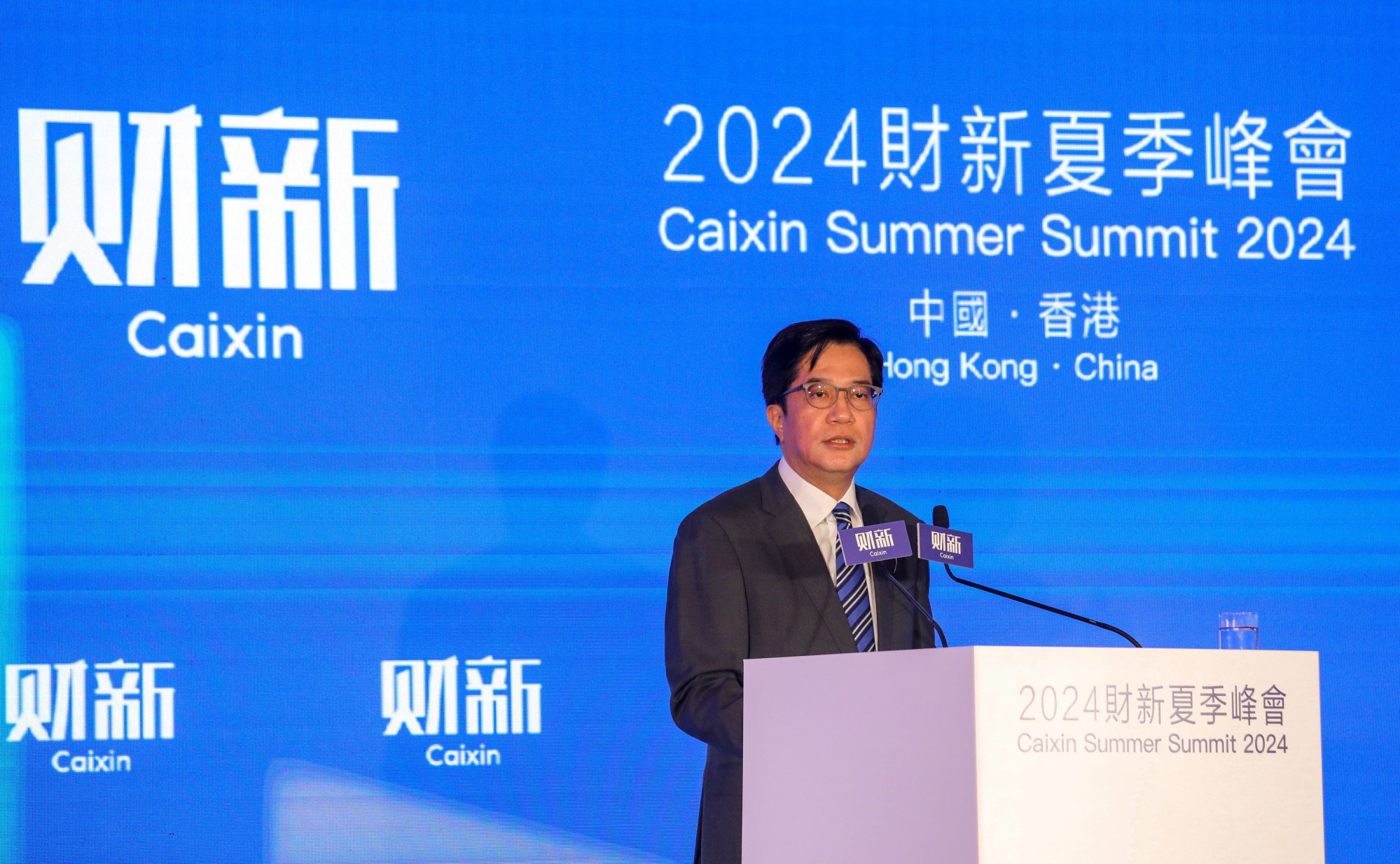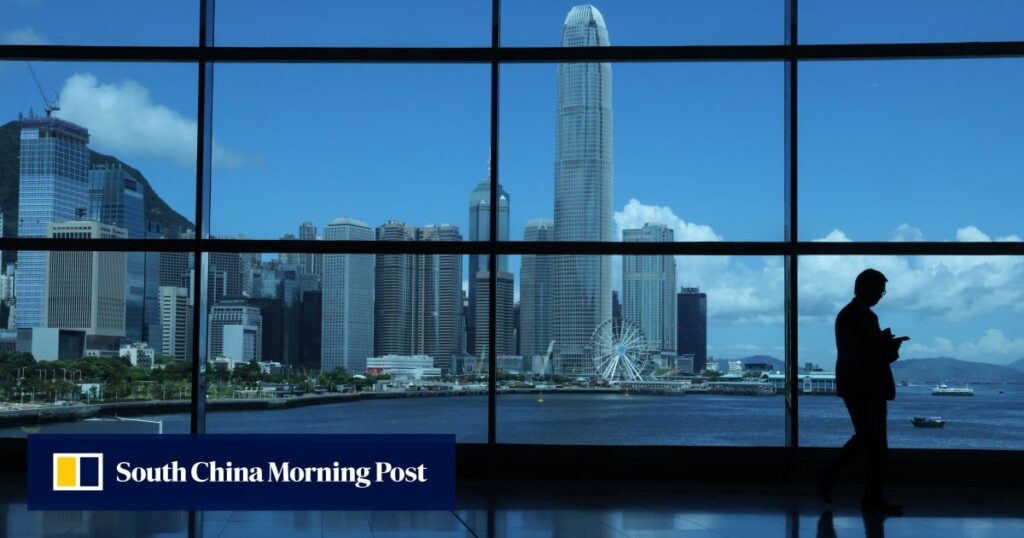“Hong Kong is working hard to contribute to the further internationalization of the renminbi,” Wong said. “We will continue to issue international bonds denominated in renminbi.”
Hong Kong's yuan-denominated loans grew 140 percent last year, while offshore yuan-denominated bonds increased by more than 60 percent, Hong Kong Monetary Authority CEO Yew Wai-man said at the conference.

“We look forward to continuing to develop Hong Kong's offshore RMB market, whether through lending or investment, to facilitate capital flows and strengthen ties with our key trading partners, especially in the Middle East and ASEAN. [the Association of Southeast Asian Nations],” He said.
“growth [of yuan] “Over the past two years, the yuan has seen particularly rapid adoption, especially in cross-border trade in the real economy,” said Yu, who said the yuan now accounts for 30 percent of China's cross-border goods trade payments, double the amount from two years ago.
The Hong Kong Monetary Authority, Hong Kong's de facto central bank, plans to help the government issue more offshore yuan-denominated bonds with 10-, 15- or 20-year maturities to support infrastructure projects, further developing the offshore yuan market.
Wong also wants to encourage mainland Chinese public and private institutions to issue offshore RMB bonds in Hong Kong, including green and social bonds.
“Over the past decade, we have clearly seen the huge opportunities that connectivity offers,” he said.
“We hope that this mutually beneficial and win-win connectivity agreement will cover more investment products and opportunities in the future,” Wong said.
“Our financial institutions should help some Chinese companies successfully transform into multinationals,” Zhang Yichen, chairman and CEO of CITIC Capital Holdings, said at a panel discussion at the summit on Friday.
“In this process, Hong Kong will undoubtedly leverage its strengths as an international financial centre, particularly with its advantages under 'one country, two systems', and play a key role as a hub and super-connector.”
“Hong Kong's status as an international financial centre is unmatched by any other city in China.”
Lawrence Lee Lu-jen, chairman of the Financial Services Development Council, an industry advisory body to the Hong Kong government, told the same panel that Hong Kong would become the “London of China” as long as China remained on track to become the world's largest economy in the future.
“We hope to work with everyone to tell Hong Kong's story well, lift Hong Kong's economy to a higher level, and contribute to the country's high-quality development,” Wong said.


